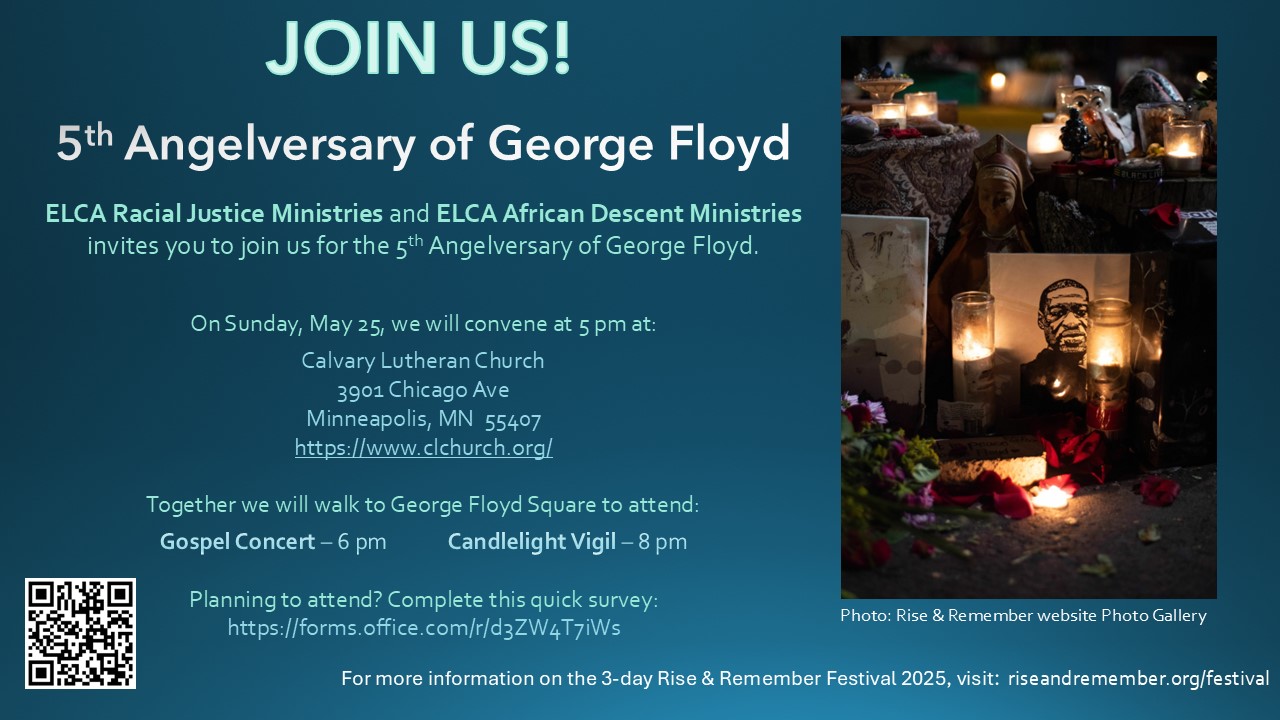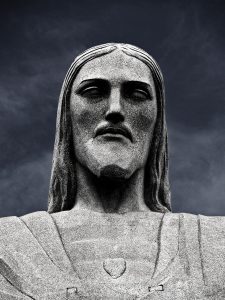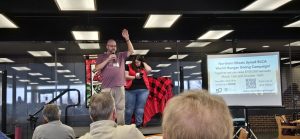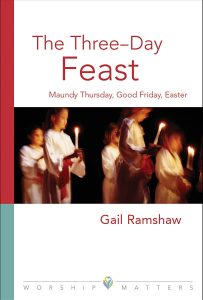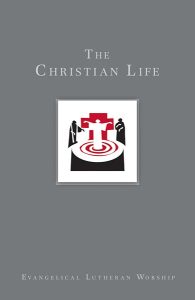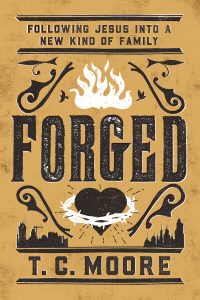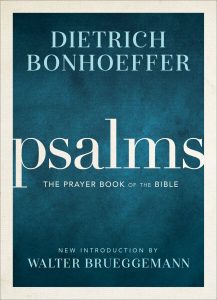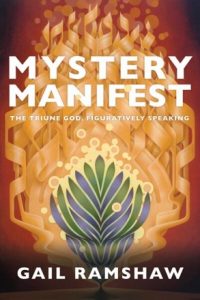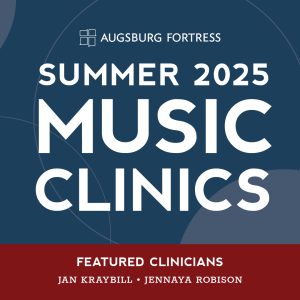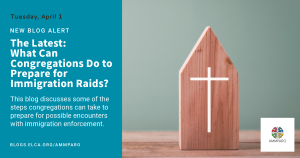This post is shared jointly on the Ecumenical and Inter-Religious Perspectives blog and the ELCA Worship blog.
1700 years ago, in 325, the first ecumenical council was convened in Nicaea to discern matters central to the Christian faith, namely: How do we understand Jesus Christ? The council sought to end disputes about the divine nature of Jesus, and his relationship to God in an attempt to unify all of Christendom. The end-result, later expanded in 381, was the Nicene-Constantinopolitan Creed – a clear articulation of the complexity of the faith. However, a later addition to the creed – the “filioque” (‘and the Son’) – was made by the Latin church in an attempt to resolve yet another dispute. This has contributed to division between the Eastern and Western church for almost a millennium.
Last year, this division was meaningfully addressed in “The Common Statement on the Filioque,” issued by the Joint International Commission on Theological Dialogue between the Lutheran World Federation and the Orthodox church, a 40+-year international dialogue. This ecumenical breakthrough aligns with earlier actions of the ELCA including “A Lutheran-Orthodox Common Statement on Faith in the Holy Trinity,” issued in 1999 by the US Lutheran-Orthodox dialogue, and adopted by the Church Council in 2006. That same year the ELCA introduced Evangelical Lutheran Worship and included a footnote to the Nicene Creed that says it is appropriate to confess the creed without the filioque (p. 104).
As we commemorate the 1700th anniversary of Nicaea, and celebrated a common date for Easter this year, “The Common Statement on the Filioque” presents us with an opportunity to move toward healing age-old divisions within Christ’s church, in light of our common affirmation that the filioque is no longer church-dividing. Recently, ELCA Church Council unanimously recommended “that the 2025 Churchwide Assembly prayerfully receive the 2024 Lutheran Orthodox Common Statement on the Filioque, understanding such reception to be an intention to lean into a fuller understanding of this issue and the promise of greater unity in the body of Christ.” By doing so, the ELCA would commit to: 1) reflect on our Trinitarian theology and the role of the Holy Spirit and 2) take continued steps toward local dialogue, understanding, and reconciliation with our Orthodox siblings.
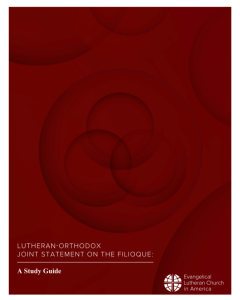 To support this, we are pleased to announce a new study guide, whose primary author was the Rev. Dr. Jonathan Linman, pastor of Faith Evangelical Lutheran Church in Phoenix, Ariz., and Lutheran Ecumenical and Inter-Religious Representative for the Grand Canyon Synod. We are also grateful that the Rev. Dr. Dirk Lange, assistant general secretary for ecumenical relations at the Lutheran World Federation, and Bishop Emeritus Don McCoid, former bishop of the Southwestern Pennsylvania Synod, former executive for ecumenical and inter-religious relations in the Office of the Presiding Bishop, and longtime co-chair of the Joint International Commission on Theological Dialogue Between the LWF and the Orthodox Church, served as consultants.
To support this, we are pleased to announce a new study guide, whose primary author was the Rev. Dr. Jonathan Linman, pastor of Faith Evangelical Lutheran Church in Phoenix, Ariz., and Lutheran Ecumenical and Inter-Religious Representative for the Grand Canyon Synod. We are also grateful that the Rev. Dr. Dirk Lange, assistant general secretary for ecumenical relations at the Lutheran World Federation, and Bishop Emeritus Don McCoid, former bishop of the Southwestern Pennsylvania Synod, former executive for ecumenical and inter-religious relations in the Office of the Presiding Bishop, and longtime co-chair of the Joint International Commission on Theological Dialogue Between the LWF and the Orthodox Church, served as consultants.
The study guide provides a variety of entry points including study, worship, prayer, liturgy, and local dialogue and cooperation. We are eager to hear about your experiences and experiments with this resource in your congregations and communities.
Lastly, as you consider possibilities for omitting the filioque in worship this year, we offer language to help interpret this – whether printed in your worship folders, spoken verbally, or provided in other resources where you are helping people reflect on the good Lutheran question, “What does this mean?”
2025 marks the 1700th anniversary of the first ecumenical council of Nicaea. This commemoration is an opportunity to reflect on the importance of this church’s ecumenical self-understanding and vocation. Recent developments in Lutheran-Orthodox relations present the possibility of continuing the journey toward reconciliation between Eastern and Western Christianity after nearly a millennium of church division over the addition of the filioque clause (“and the Son”) to the Nicene-Constantinopolitan Creed. The Joint International Commission on Theological Dialogue between the Lutheran World Federation and the Orthodox Church’s 2024 Common Statement on the Filioque is an important ecumenical breakthrough, concluding that the filioque is no longer church-dividing and inviting further dialogue and renewed theological reflection on the Trinity and the role of the Holy Spirit. In faithful response to this invitation, today we will profess the Creed without the filioque clause.
We wish you a blessed Eastertide and a thought-provoking commemoration of this 1700th anniversary of Nicaea.
In partnership,
Kathryn M. Lohre, executive, ecumenical and inter-religious relations & theological discernment, Office of the Presiding Bishop
Deacon John E. Weit, executive, worship, Office of the Presiding Bishop


